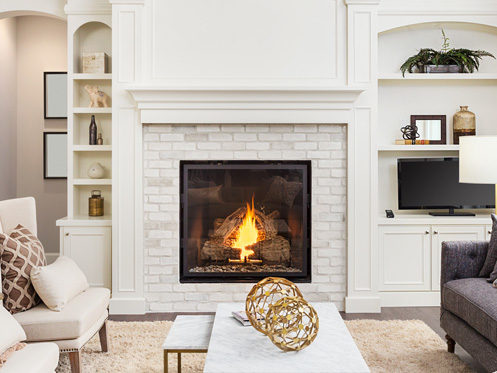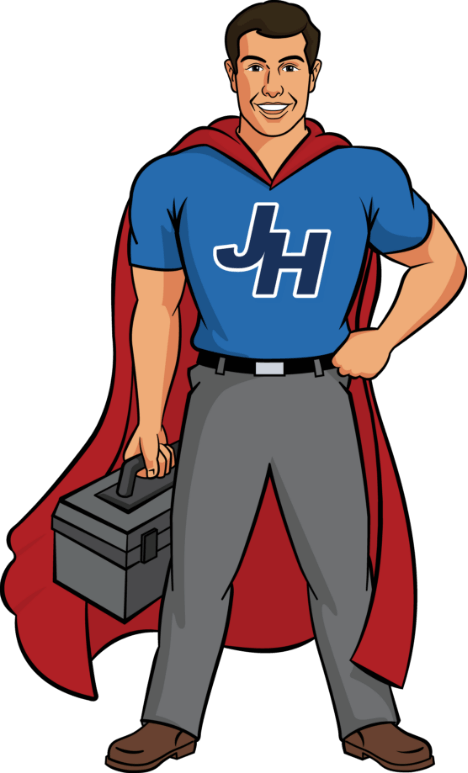Why do accidents happen? Why do cars crash into each other? Why do people fall? Why do birds fly into windows? Why do we drop or spill things?
We can answer all of these questions with an understanding the root cause of most problems is a “failure to pay attention to details”. It’s safe to say everyone that is reading (and writing) this has paid the price of ignoring basic details. Many of us have scars to prove it!
Failure to pay attention to details can be funny, like my friend years ago that was cleaning crusty grain off the top of a grain elevator, and he tossed it through the back window of his car. “Jimmy” was not known for details but was fun to have around!
Taking details too far can also be a “fun killer”, but the right number of details can be a blessing. For instance, understanding some very basic details saved a friend and me from carbon monoxide exposure this week. It was 7 degrees outside, so we stopped for a bowl of hot soup at a well-known restaurant. The fireplace looked comforting, so we sat close to it.
I expected substantial heat from the fireplace and there was only tempered heat at best. Then cooler air started to cause discomfort and I began to examine my surroundings.
The natural gas fireplace glass doors were open (red flag detail) to let the heat out. Soon it became obvious cold air was coming from the fireplace (red flag detail).
The fireplace flame was flickering downward (red flag detail) rather than pointing up as a flame should.
Then I detected a slight odor from unburned fossil fuel (red flag detail). Although carbon monoxide is odorless and tasteless, unburned gases do tend to produce an ever so slight odor that few can detect.
Experience told me the commercial kitchen oven hood needed make-up air to replace what was exhausting and it was “stealing” it from the cold chimney. It appeared no flue gases were going up the chimney, which resulted in carbon monoxide spewing out into the dining room area.
I explained the dangerous situation to the restaurant manager, who closed the glass doors on the fireplace and the flames immediately pointed upward. The chimney heated up, which caused a natural upward draft that removed the carbon monoxide. That upward drafting of heat is called the chimney effect. We were safe and getting warmer.
Odds are that the same restaurant fireplace chimney and kitchen oven hood constantly starve for make-up air because there is a shortage. They will also “steal” make-up air from the commercial water heater flue, which will bring carbon monoxide into the restaurant!
A side note is if that restaurant heating system had been cranking out substantial heat, I probably would not have noticed the details causing the carbon monoxide risk. Is your home or business safe?
Current building codes require the proper amount of makeup air to support fossil fuel combustion, but older homes or businesses are typically not required to meet these stricter design standards. Unfortunately, it’s common for the make-up air to be “temporarily” closed off to prevent cold or hot humid air from entering. A telltale sign is when you open an outside door of a restaurant, and it feels like it’s being pulled shut. Typically, that indicates the kitchen oven hood is short of make-up air.
Our details will often protect or save us from ourselves, but just like in the example of the restaurant fireplace we also need protection from others. City of Lincoln Building codes has done a great job of protecting our community. Some will always believe codes are an unnecessary expense, but many of us see codes ignored and the results.
A good example of ignored codes was many of the frozen pipes recently that flooded homes during this frigid Nebraska winter. Most were in areas not properly heated. This included outside walls, crawl spaces, attics, porches, garages, and the list goes on. Building codes typically regulate where pipes can be installed, and inspections protect us. Of course, that requires taking out a building permit in the first place!
Speaking of building codes and details, please be aware three very important Lincoln City Codes managers retired in December. They are Fred Hoke, Director of Building and Safety, Bob Siemsen, Chief Plumbing Inspector, and Merl Scott, Chief Heating Inspector. Thanks for paying attention to details and for a job well done!

